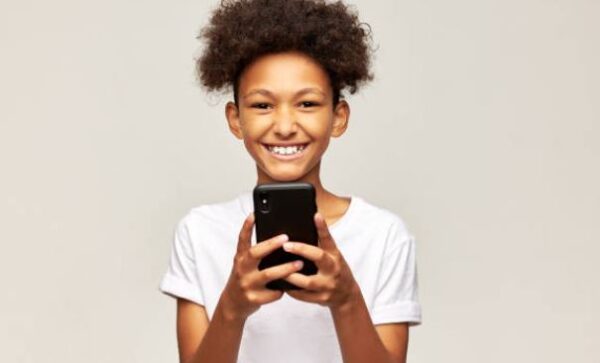67 Views

In a move that is likely to bring relief to parents, the Australian government is planning to ban social media usage for those who are below 16 years of age.
Naming it as “world-leading” legislation, the Australian Prime Minister Anthony Albanese said it will be tabled in parliament next week and is “aimed at mitigating the “harm” social media was inflicting on Australian children,” BBC reported.
“This one is for the mums and dads… They, like me, are worried sick about the safety of our kids online. I want Australian families to know that the government has your back,” he told the media.
Will it affect those who already are active on social media?
As per media reports, the government has said that the ban will not apply to those who are already on social media. Many other aspects of the legislation are yet to be debated in the parliament.
Will this be a good move, given the dependency on social media has increased?
The debate on whether social media should be banned for kids has gained traction, with both advantages and disadvantages worth considering.
Social media can be a source of anxiety, depression, and low self-esteem, particularly for young users who are vulnerable to comparison and cyberbullying. Limiting access could help kids develop a stronger sense of self without online pressures.
Social media tends to display everything in the brightest way possible, by keeping the facts of life like failures and difficulties out of sight. For the young users who are still trying to find their self-esteem and to figure out who they actually are, these idealized realities can create a vicious cycle of comparison; they end up being unhappy or wanting to be someone else. Constant exposure to such images of perfection may worry someone, hence giving rise to low self-esteem and depression.
Cyberbullying, another aspect of social media usage, is a ruthless and pervasive form of bullying because it follows kids outside school walls, dislodging their safety and self-worth.
Social media sites do not closely monitor whether the content is age adequate or not. Most of the times children go onto such sites and watch violent, explicit or other inappropriate material, as they are often unaware. Exposure to such material is disturbing and in some cases traumatic to young minds. Online exploitation is a serious threat, as criminals often use such websites for manipulating or exploiting gullible and vulnerable young people.
Social media prohibition may therefore serve to promote a safer environment for children as one is restricted from accessing these harmful elements so that the children may grow and develop within appropriate age contents without exposure to probable threats.
Excessive usage of social media may affect children’s performance in school and their interpersonal relationships. A child who spends less time staring at the screens of devices may be more invested in his or her studies and may develop stronger real-life communication abilities.
Social media is an important part of new-age digital literacy. If it were banned entirely, kids would probably be deprived of opportunities to study the online environment and learn digital manners and safety online.
Social media can become a learning platform, a platform for socialization, and a means of getting to know what appeals to a child. Many educational and creative communities have an online presence and can be a means of self-expression for kids, connecting them with other people, and increasing their knowledge.
